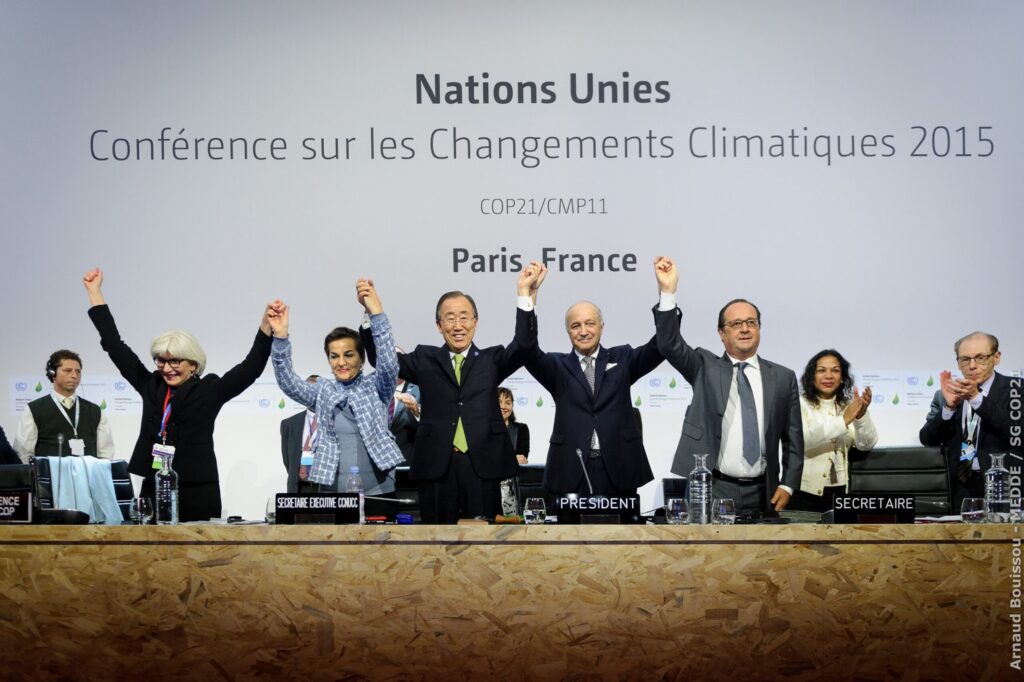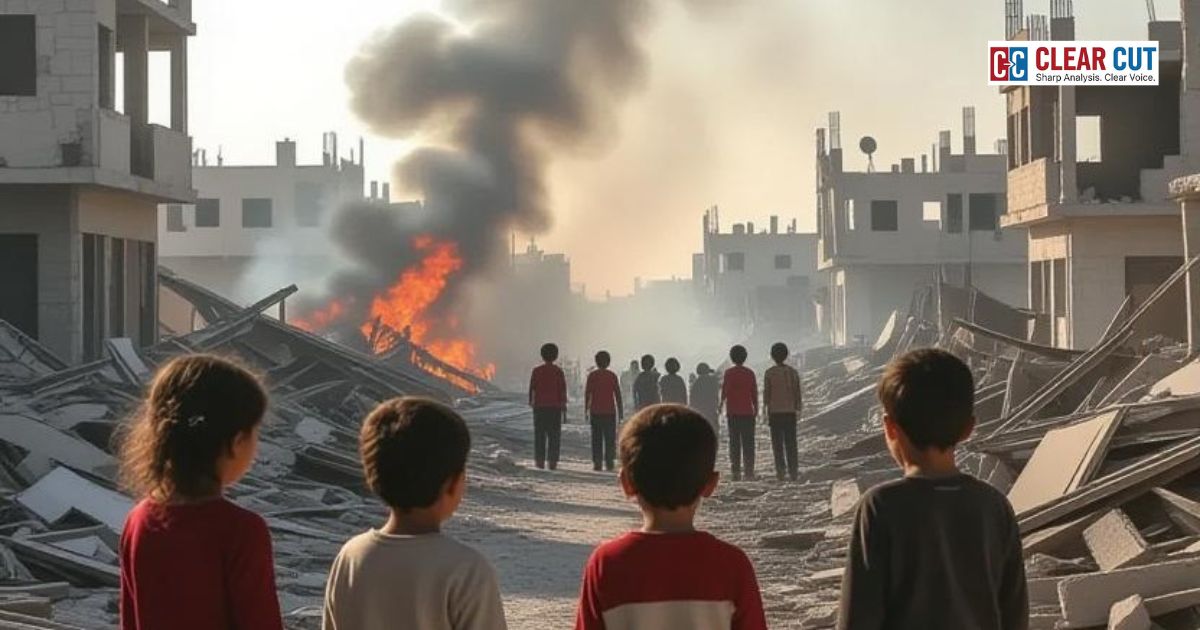Photo Credit: Janmojaya Barik
Clear Cut Child Protection Desk
New Delhi, UPDATED: Aug 25, 2025 02:15 IST
Written By: Janmojaya Barik
The Pacific Island Republic of Vanuatu is once again at the forefront of the global climate justice debate, calling on the United Nations to respond to the recent advisory opinion issued by the International Court of Justice (ICJ). On 23 July 2025, the ICJ rendered a landmark advisory opinion that states have international legal obligations to act effectively against climate change, mitigate greenhouse gas emissions, conserve ecosystems, and defend human rights against the adverse effects of environmental degradation. The opinion is not binding in law, but it is morally and legally powerful and may make a difference in future negotiations.
Vanuatu, the most climate-exposed nation in the world, has led this effort from its outset. It led the group of nations that successfully urged the UN General Assembly in 2023 to seek the ICJ’s advice. Now that it has been issued, Vanuatu is urging the global community to strengthen accountability by incorporating these commitments into future UN resolutions and frameworks. The decision was hailed as a turning point by Ralph Regenvanu, the Minister for Climate Change in Vanuatu: “We now have a common foundation on the rule of law, freeing us from the constraints of individual countries’ political interests that have driven climate action so far.”

Photo Credit : greenpeace.org.uk
For Vanuatu, voluntary commitments like those outlined in the Paris Agreement will no longer suffice in the long run. The government contends that stricter mechanisms are required to ensure that the commitments made materialize into tangible progress, as the time to fulfill promises seems to be passing away. Regenvanu focuses on the global significance of the ICJ opinion, stating, “The implementation of this decision will set a new status quo and the structural change required to give our current and future generations hope for a healthy planet and sustainable future.”
The government also thinks that there is a need to address the role of the fossil fuel industry in slowing climate action. Although the ICJ opinion did not directly impose responsibilities on private corporations, it also highlighted that states do have duties to regulate activities under their jurisdiction that cause significant transboundary harm. Vanuatu has already endorsed demands for a Fossil Fuel Non-Proliferation Treaty. It is now drawing attention to the way in which lobbying and misinformation from major energy corporations have hindered action. Regenvanu was clear about the injustice involved: “The Global South is shouldering the burden of a crisis it did not create. Families are losing homes, entire cultures are under threat of erasure, and man-made climate catastrophes are destroying lives.” The nations most responsible for emissions should be held accountable for any violations of legal obligations, and they must also step up and lead in providing resources and support to aid those most affected.”
The urgency behind these calls is rooted in Vanuatu’s lived reality. Rising sea levels, coastal erosion, increasingly severe tropical cyclones, and saltwater intrusion into farmland are some problems that are already affecting life across the islands. Communities stand to lose the threat of forced displacement, and with it, the diminishing of ancient connections to land and culture, which is a problem associated with displacement. In his address to the ICJ, Regenvanu cautioned, “We find ourselves on the front lines of a crisis we did not create, a crisis that threatens our very existence.”
The way forward, though, is politically tricky. The ICJ view does not oblige states to take specific measures, and most governments fear making it binding law due to various reasons, such as the inability to materialize it into proper legislation. Major producers of fossil fuels are concerned about the precedent this may set, as it could lead to claims for compensation or more stringent obligations that may weigh on their economies. Rich countries, though admitting their historical responsibility, are also reluctant to any formulation that might generate open-ended liability. This pressure reflects current controversies surrounding “loss and damage,” arguably the most contentious topic in global climate politics, on which vulnerable nations insist that others compensate the irreversible effects of climate change.

Photo Credit : media.un.org
But Vanuatu’s initiative has already changed the debate. What was once a hope that climate protection is a matter of legal obligation rather than policy preference has now become part of the global legal discussion due to countries’ capabilities. Regenvanu summed up this feeling of momentum when he stated, “This moment will drive stronger action and accountability to protect our planet and peoples.” Legal experts anticipate that the ICJ opinion can have an impact on domestic courts, arbitration tribunals, and even investment arbitration as litigants invoke it in order to make a case for tougher regulation and accountability.
It may also inform how treaties are structured in the future for other nations.
For Vanuatu, this campaign is both about justice and survival. Its leaders emphasize that the struggle against climate change is not merely about reduction targets or technical fixes but about the right of whole nations to survive. By utilizing the ICJ and pressuring the UN to act, Vanuatu demonstrated that even small states can exert moral leadership and take a firm stance. As Regenvanu himself said, “Vanuatu is proud and honoured to have taken a lead on this initiative, and the size of states and civil society that have come together to battle the same battle is a strong testament to the leadership, courage, and determination of Small Island Developing States and young activists.”
The future is uncertain, but Vanuatu’s message is clear: climate change is a legal, human, and existential emergency, and procrastination is no longer an option. Whether the UN acts with more commitment or persists in voluntary obligations will not only decide the fate of Vanuatu but also the integrity of the international system in addressing humanity’s greatest challenge.




